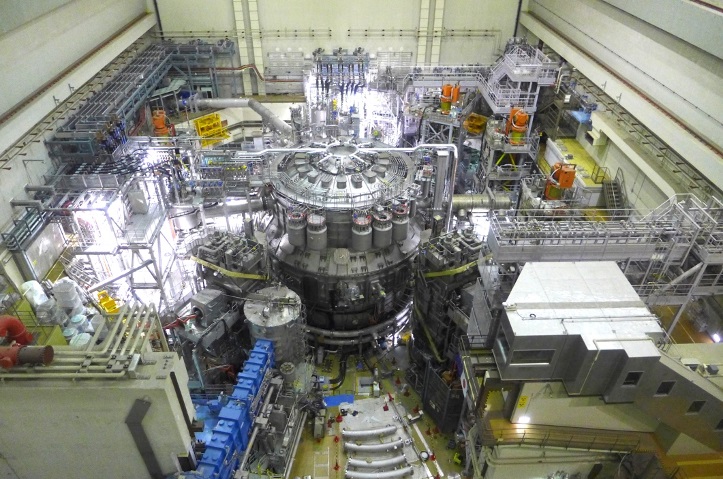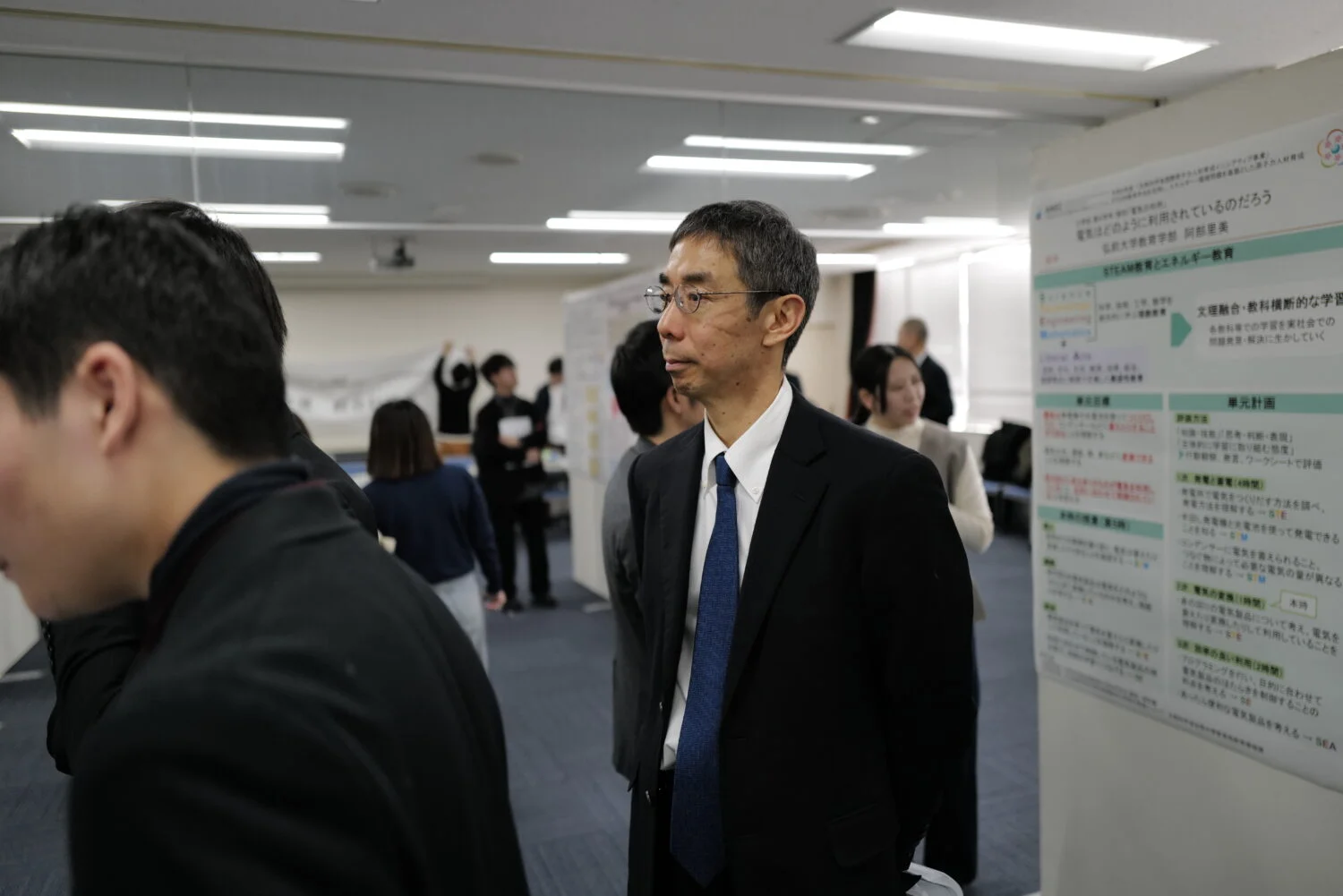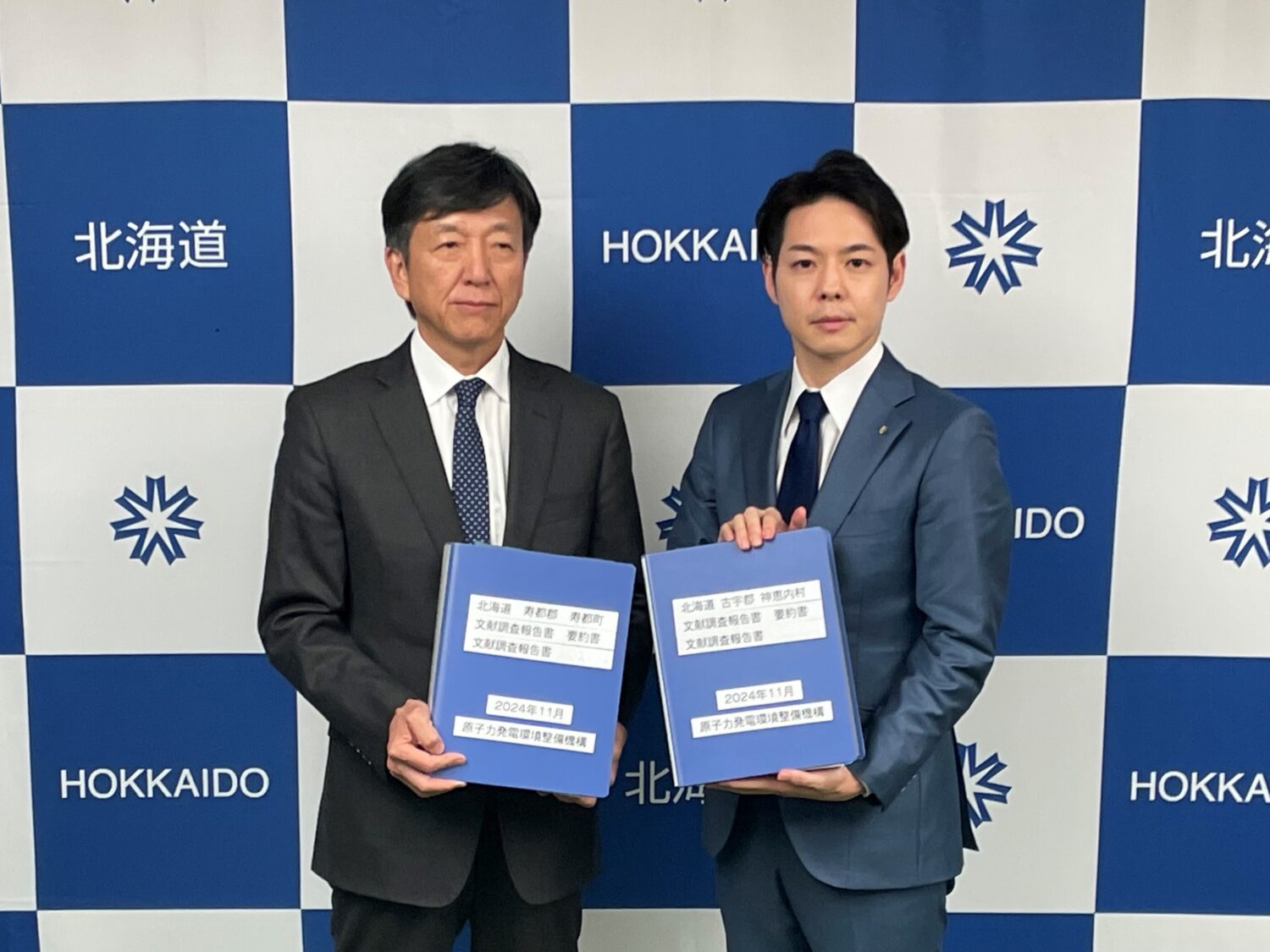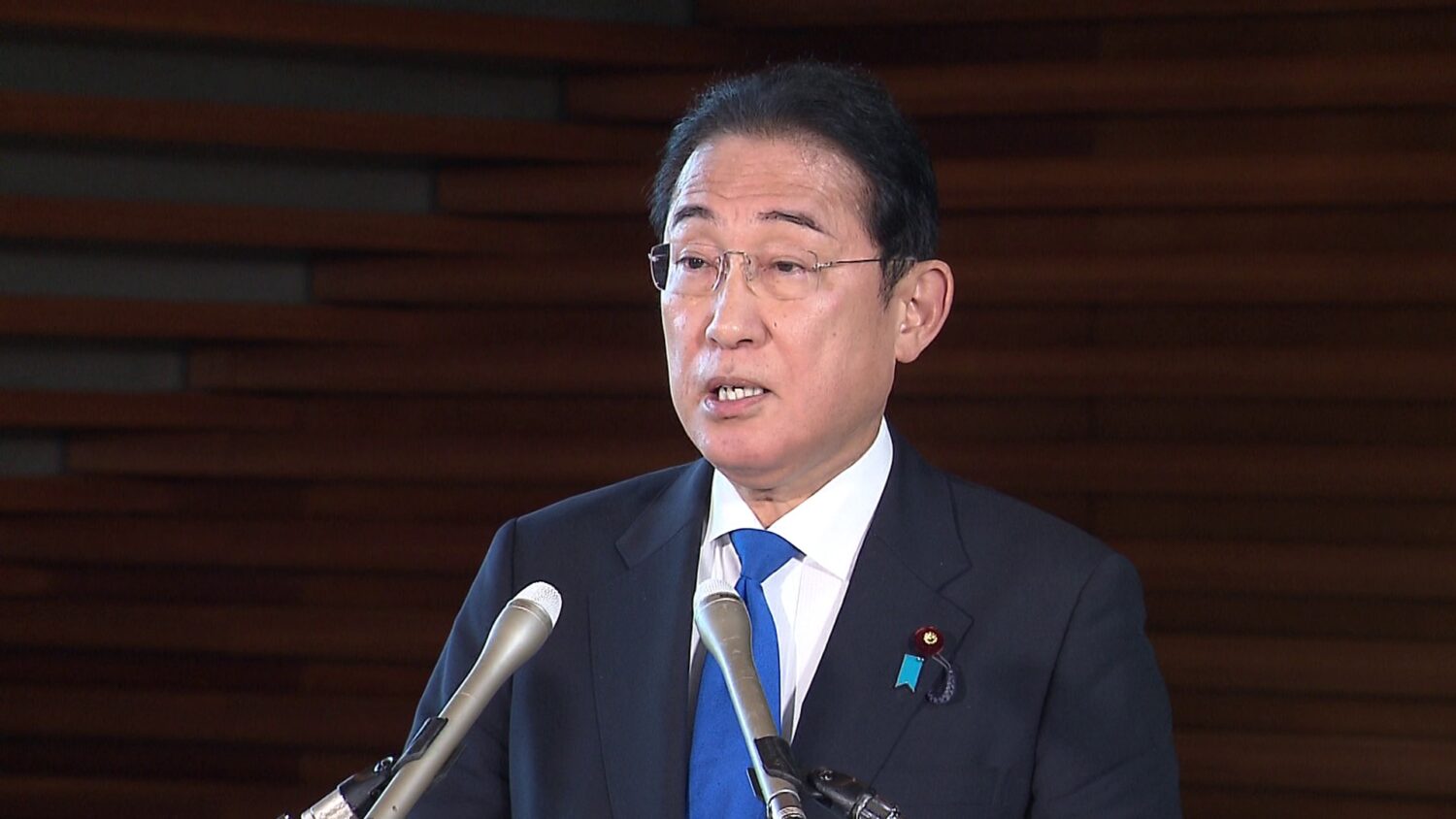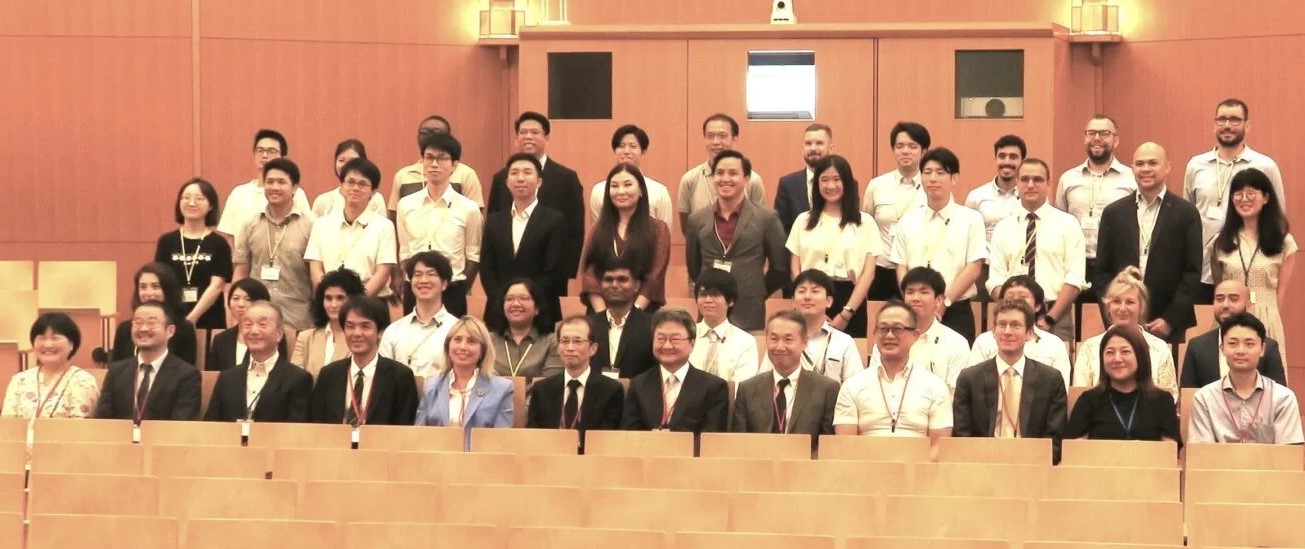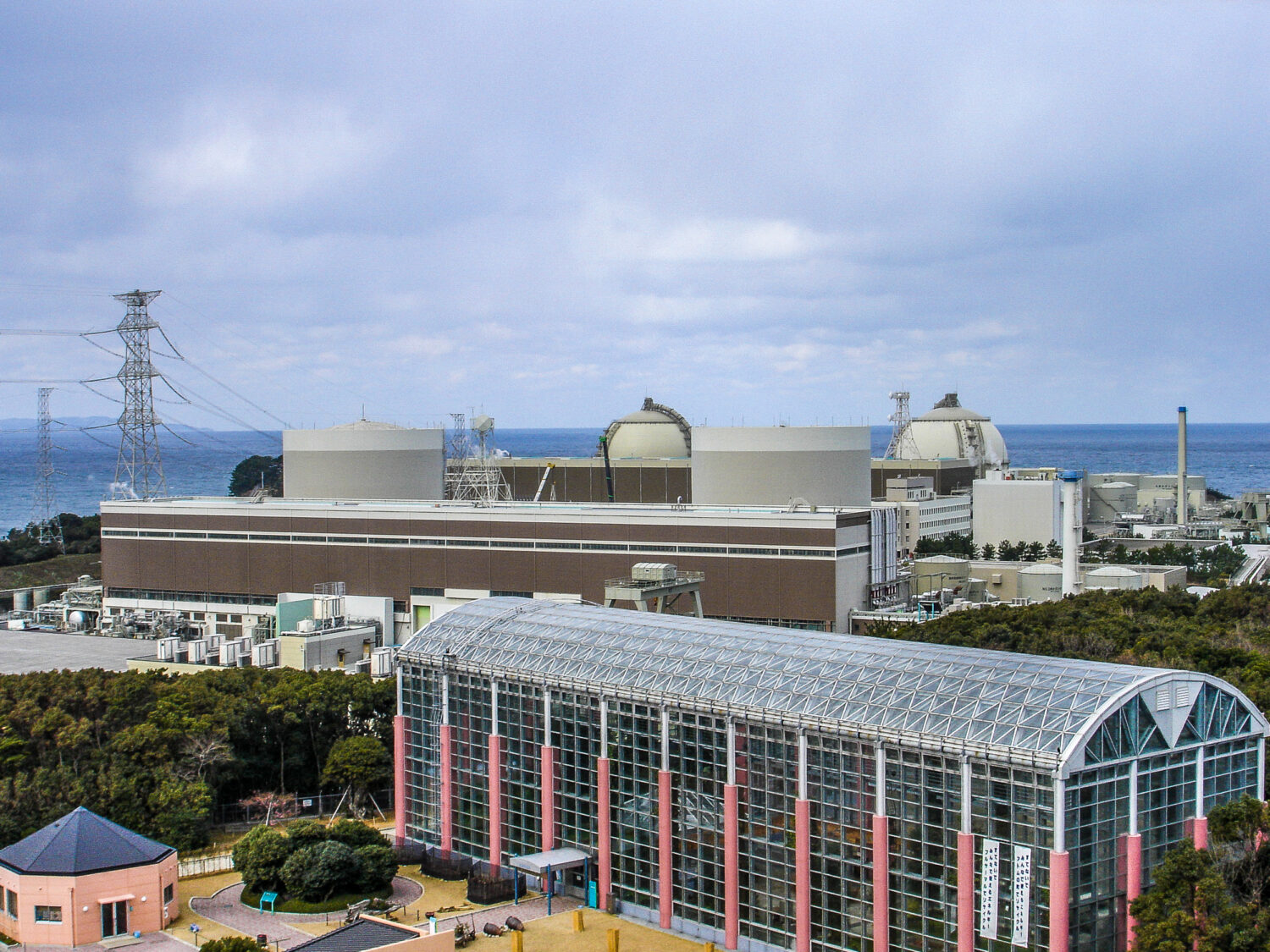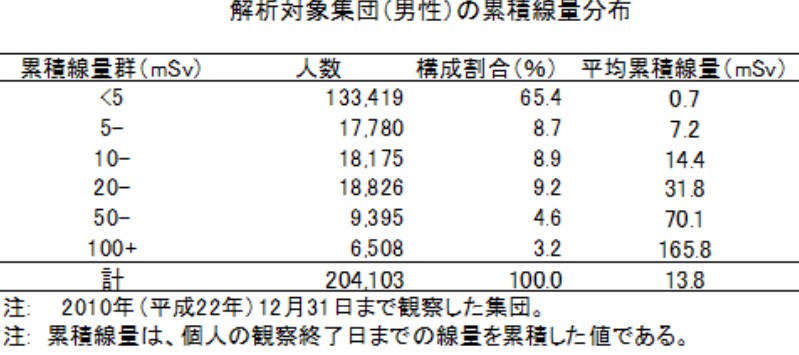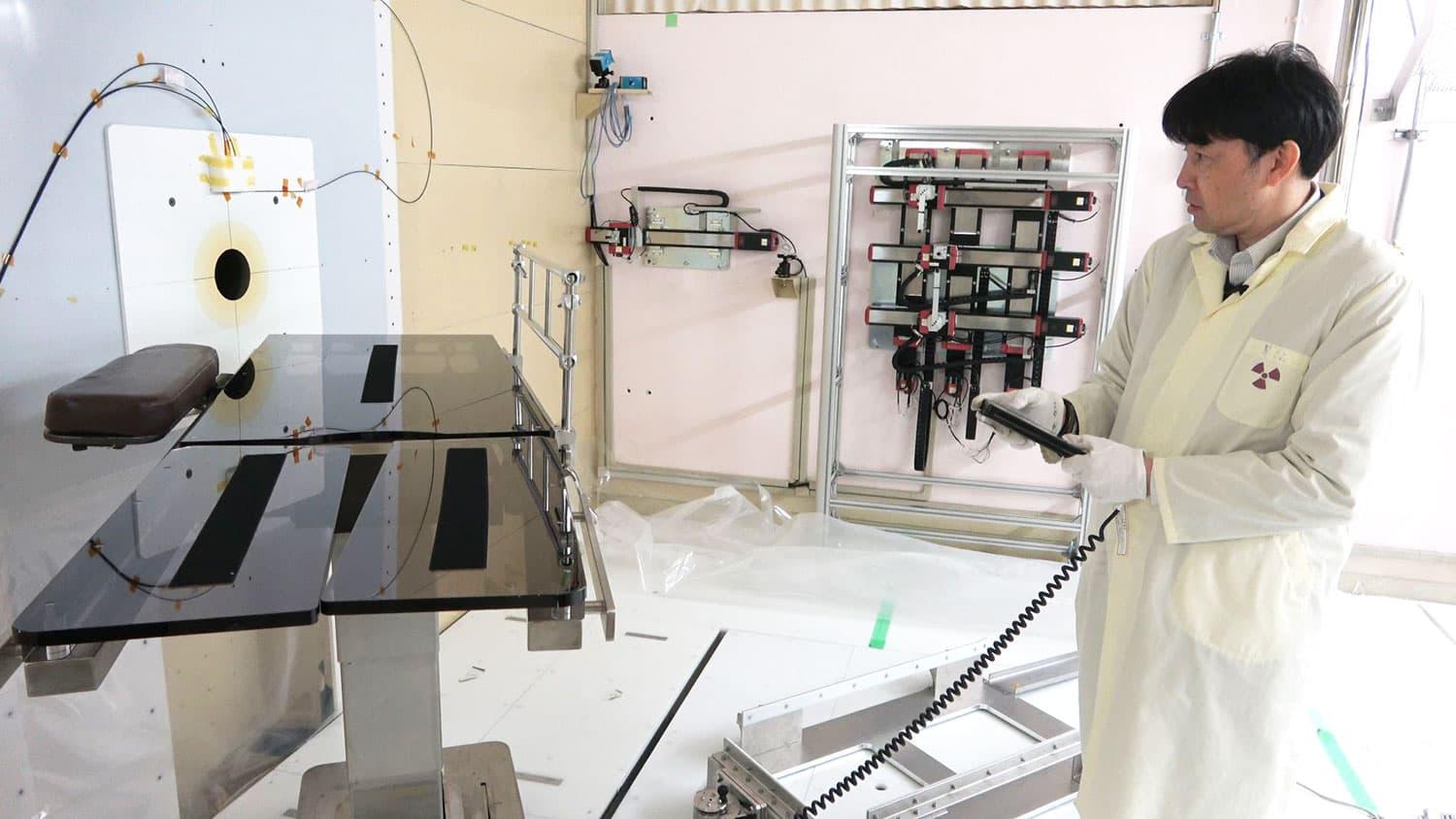According to an LDP pamphlet describing its 2021 policies, the party actively supports investments in clean energy in the areas of energy and environmental protection, specifically in the following fields: (1) energy conservation, (2) the restart of nuclear power plants (NPPs) whose safety has been confirmed, (3) the promotion of automotive motorization, (4) storage batteries, (5) hydrogen usage, (6) underground small modular reactors (SMRs), and (7) carbon recycling.
Regarding the development of nuclear fusion, meanwhile, the nation will aim for its commercialization as a key next-generation source of stable energy.
In the area of environmental protection in the electricity field, R&D will proceed on technology to recycle early-stage solar panels and lithium-ion batteries.
Also, work on non-invasive medical technology will aim at making microwave mammography technology widely available as soon as possible, with the aim of facilitating examinations without pain or exposure to radiation, even while the patient is fully dressed.
As far as the recovery from the 2011 nuclear accident is concerned, the manifesto states that the government will work wholeheartedly toward enabling all those who wish to return to their homes to do so by the end of this decade.
On the handling of water treated by the Advanced Liquid Processing System (ALPS-treated water) at the Fukushima Daiichi NPPs—water purified of radioactive substances other than tritium to levels below the regulatory standards—the document says that besides all the necessary activities, including thorough explanations to fisheries-related parties, concerted efforts will be made to ferment understanding through thorough safety measures and the dissemination of information to support fishermen and combat ungrounded rumors and fears, including the establishment of a fund in anticipation of changes in demand.
The manifesto also aims to strengthen diplomatic approaches to countries and regions toward the lifting of their import restrictions on agricultural, forestry and fisheries products from Fukushima.
In his policy speech at the Diet on October 8, Prime Minister Fumio Kishida (LDP president) said that his government would issue a “clean energy strategy” making global warming countermeasures a driving force for growth, toward the achievement of carbon neutrality by 2050.
Prior to the dissolution of the House of Representatives (Lower House) on October 14, there were questions and answers at plenary sessions of the Lower House on the 11th and 12th and of the Upper House on the 12th and 13th.
On October 12, the prime minister responded to a question from Hironari Seko (LDP) on energy policy by saying, “It is important to ensure supplies of energy not only in a stable manner and at low cost, but also from the viewpoint of climate change countermeasures. In addition to thorough energy conservation and the introduction of renewable energies to the maximum extent, we will pursue all options, including the utilization of nuclear energy with the top priority on safety, and the actual use of hydrogen throughout society.”
As for nuclear energy, he said that it was important to work on it “with an eye to the future, including SMRs and technology for further improvements to safety.”
On October 13, Natsume Yamaguchi (chief representative of New Komeito party) asked the prime minister about damage prevention and reduction, and reconstruction from it. In response, Kishida referred to the development of the International Education and Research Base, which is scheduled for a full opening in the Hama-Dori region in 2024. He said that it was part of the government’s effort for “creative recovery,” and that the government would make concerted efforts.


